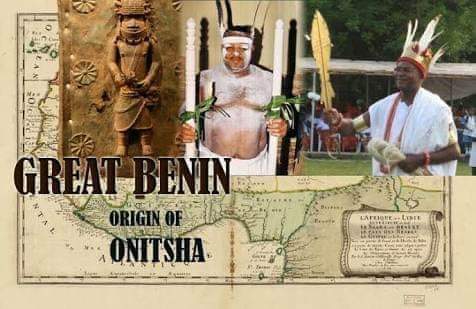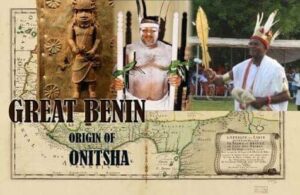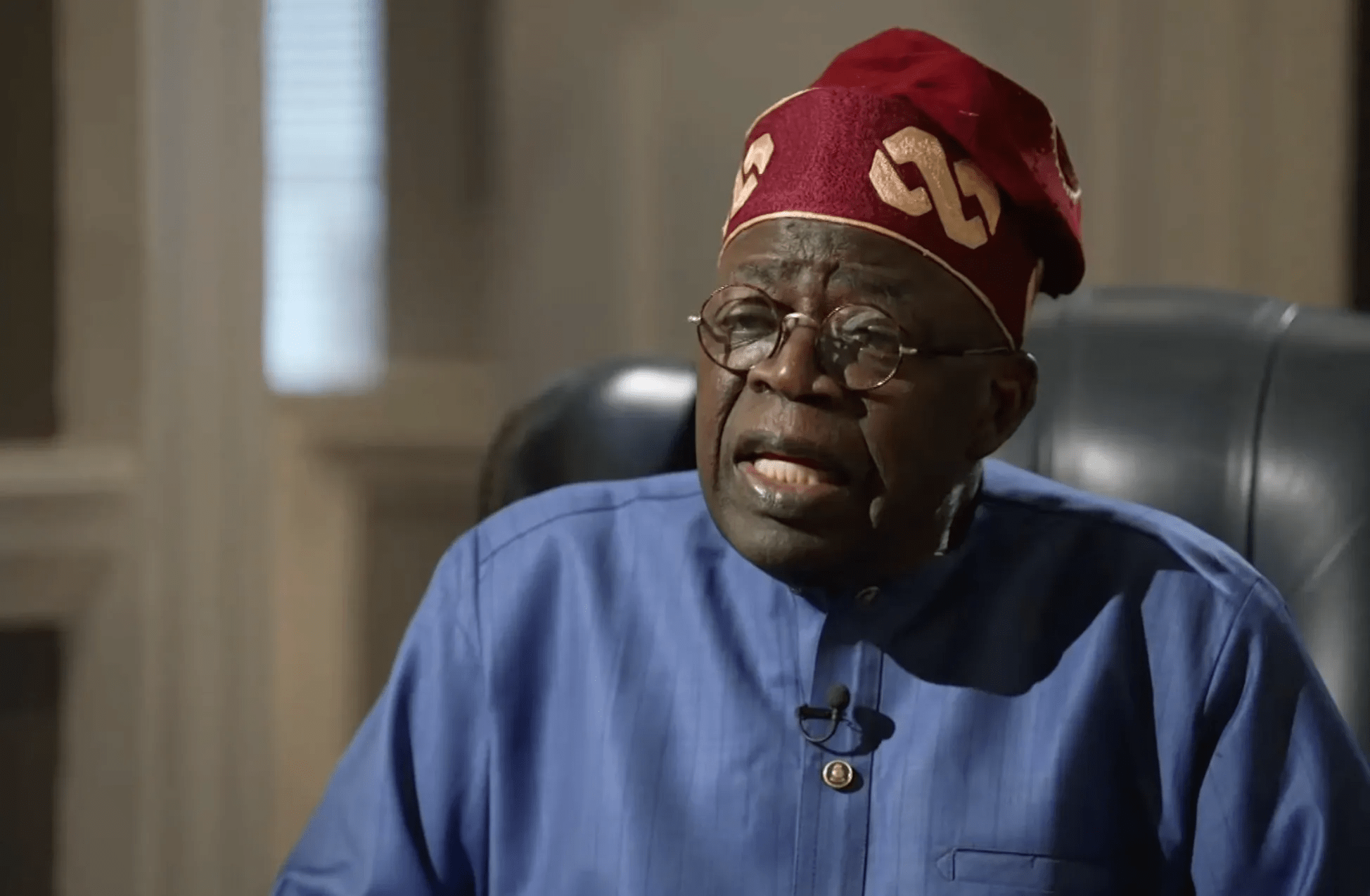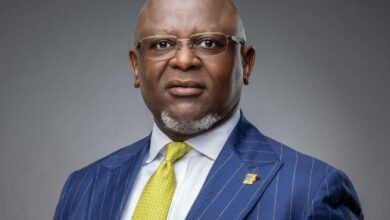History of Onitsha In Anambra State Nigeria


History of Onitsha
Onitsha Mmili was known as Ado N’Idu, it was founded by one of the sons of Chima, the founder of Issele-Uku kingdom in western Igboland. Eze Chima was an Aro native doctor who migrated to the ancient Benin kingdom and settled. Chima went to Ebeinu where he wrought many perplexing superhuman feats, and helped the Ebeinu king, Oba Orhamenye tame the belligerent princes of the erstwhile Ogiso dynasty. Chima, at the persuasion of the Oba, married the princess, the only child of the Oba, and they sired Iweka, the successor to the Ebeinu throne after Oba Orhamenye. The conflict between Eze Chima and the Oba of Benin ensued when the mother of the Oba of Benin (Asije), encroached into one of the lands that was allocated to Eze Chima and his people. Unfortunately, she was harassed out of the land, and in retaliation, the younger brother of the Oba of Benin (Gbunlawa), who was also the Benin Warlord, accompanied by his soldiers, stormed Eze Chima’s settlement and killed some of him men while a few others were injured. The harassment went on, and Eze Chima’s people were then forced to leave Benin and seek a new settlement in a place far from the reach of the Oba and his brother. During the migration of eze Chima, he settled and founded what is now known as Issele-Uku in Aniocha North Local Government Area. The eldest son of Chima eventually emigrated across the Niger River to establish the Onitsha community. It is a town in South East Nigeria famed for its commerce, education and religious centre that lies beside the Niger.
Onitsha is the largest markets in West Africa, a center point where billions of naira are transacted every day.
Onitsha operates a traditional government headed by the Obi, the titular head of the town who is assisted by Ndi Ichie, titled red cap elders or chiefs. Among these are Ndi Ichie Ume, who are the First Class Chiefs. The Ndi Ichie are classified into six, namely: Onowu Iyasele, Ajie Ukadiugwu, Odu Osodi, Onya Ozoma, Ogene Onira and Owelle Osowa, with Onowu Iyasele as the traditional Prime Minister. There are also other Ndi Ichie, who are ranked second class, known as Ndi Okwa and third class, known as Ndi Ichie Okwareze. The Ndi Ichie serve as Council of Advisers to the Obi who solicits their advice in major decisions he takes in the Kingdom.
When the ruling Obi joins his ancestors, the Onowu Iyasele takes charge until a new Obi is enthroned.
Once a year in October the kingdom of Onitsha holds the Ofala Festival which coincides with the traditional New Yam festival held in many parts of Igboland. It is a way for the people of Onitsha to keep their culture alive and it has become a major event that draws visitors from far and wide to the city.
Onitsha traditionally consists of nine villages, otherwise known as Ebo Itenani. These are descendants of the progenitor Umuezechima comprising Isiokwe, Olosi, Umuezearoli, Okebunabo, Obikporo and Ogbeotu which claim origin from Igala in Kogi state, Awada (Ogbeozoma), Obamkpa comprising Umuasele, Iyiawu and Odoje Ndugbe and Odumegwu Gbuagu, Ubulu na Ikem, Ulutu, Ubene, Ogboli Eke, Obior and Ogbeotu. Within these groupings there are six administrative wards namely Okebunabo, Umuezearoli, Ogbeolu, Isiokwe na Ogboli Olosi, Obamkpa and Eke na Ubene.
Onitsha slowly grew to become an important trading port for the Royal Niger Company in the mid-1850s following the abolition of slavery and with the development of the steam engine when Europeans were able to move into the hinterland.
Trade in palm kernels, palm oil, and other cash crops on the coast of Bight of Biafra increased around this river port in the 19th century.
In 1857 British palm oil traders established a permanent station in the city with Christian missionaries joining them, headed by the liberated African bishop Samuel Ajayi Crowther (a Yoruba receptive) and Reverend John Taylor (an Igbo Recaptive).
In 1900 Onitsha became part of a British protectorate.The British colonial government and Christian missionaries penetrated most of Igboland to set up their administration, schools and churches through the river port at Onitsha.
Dennis Memorial Grammar School established by the Anglican Church Mission Society in 1925
More immigrants from the hinterland of Igboland were drawn to the emerging boom town as did the British traders who settled there in Onitsha, and coordinated the palm oil and cash crops trade.
In 1965, the Niger River Bridge was built across the Niger River to replace the ferry crossing. This has helped to grow trade routes with western Nigeria and created significant economic linkages between Onitsha and Benin City and Lagos particularly.





